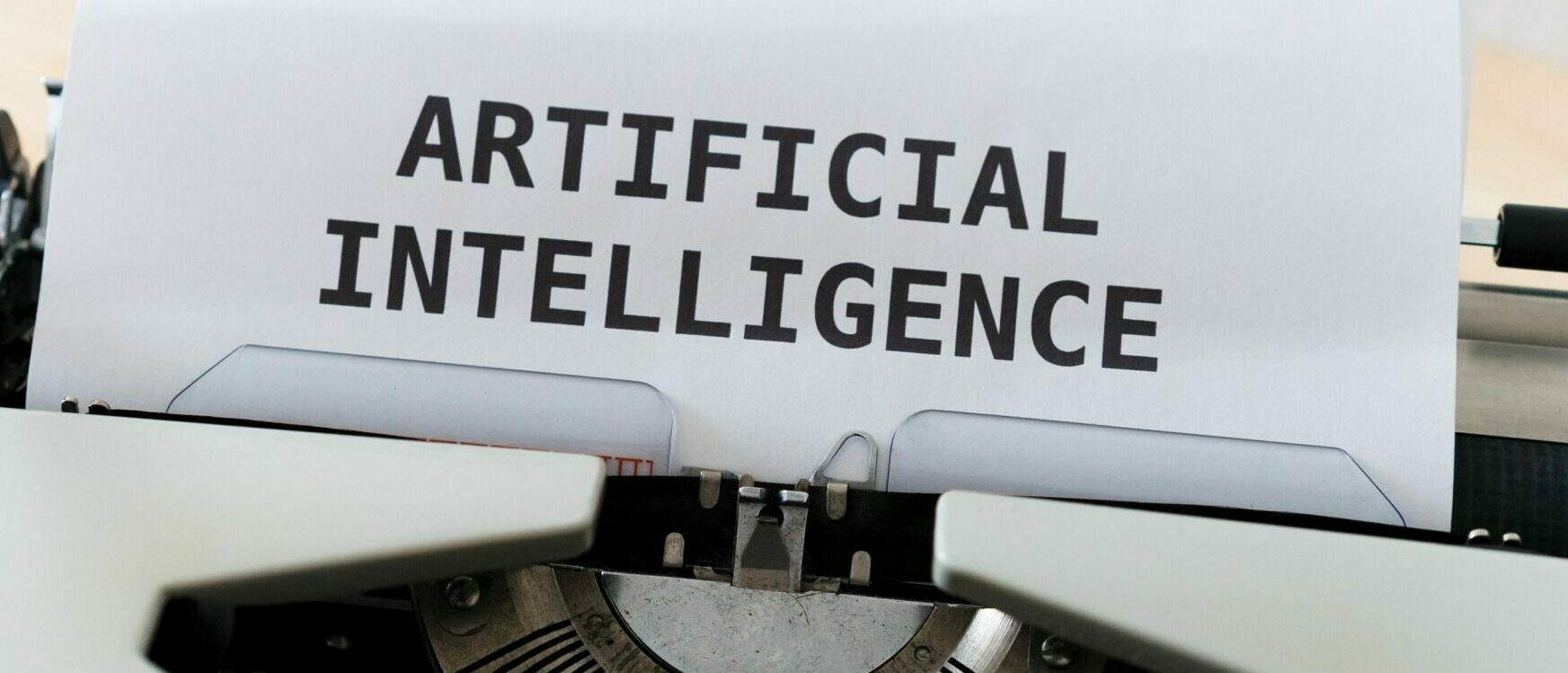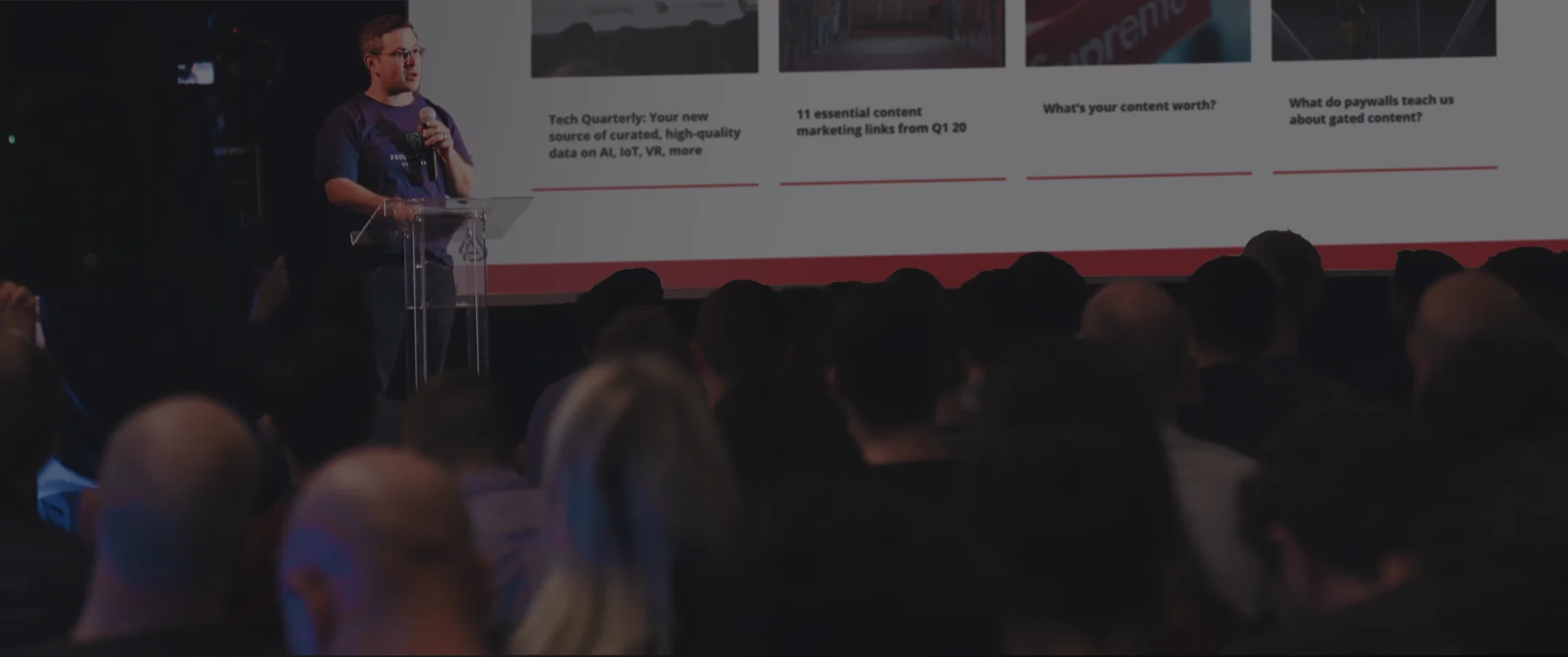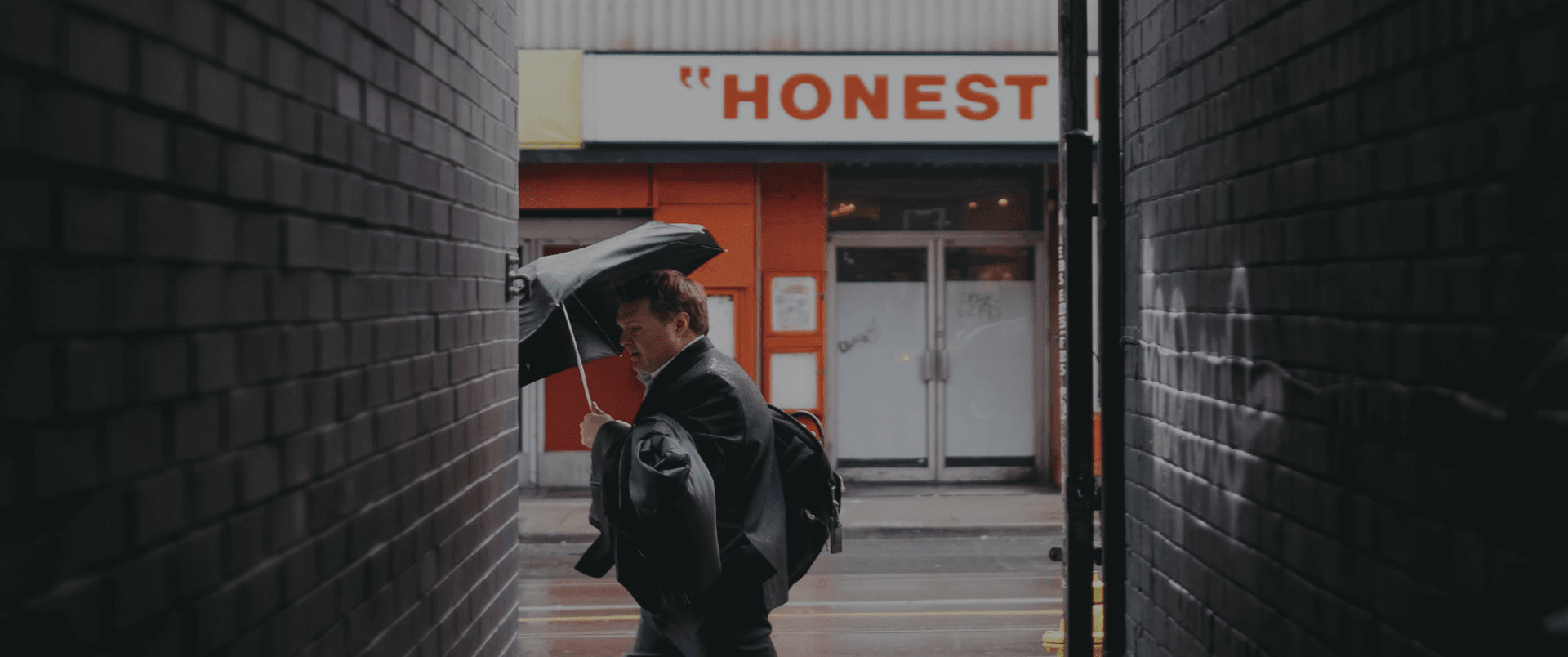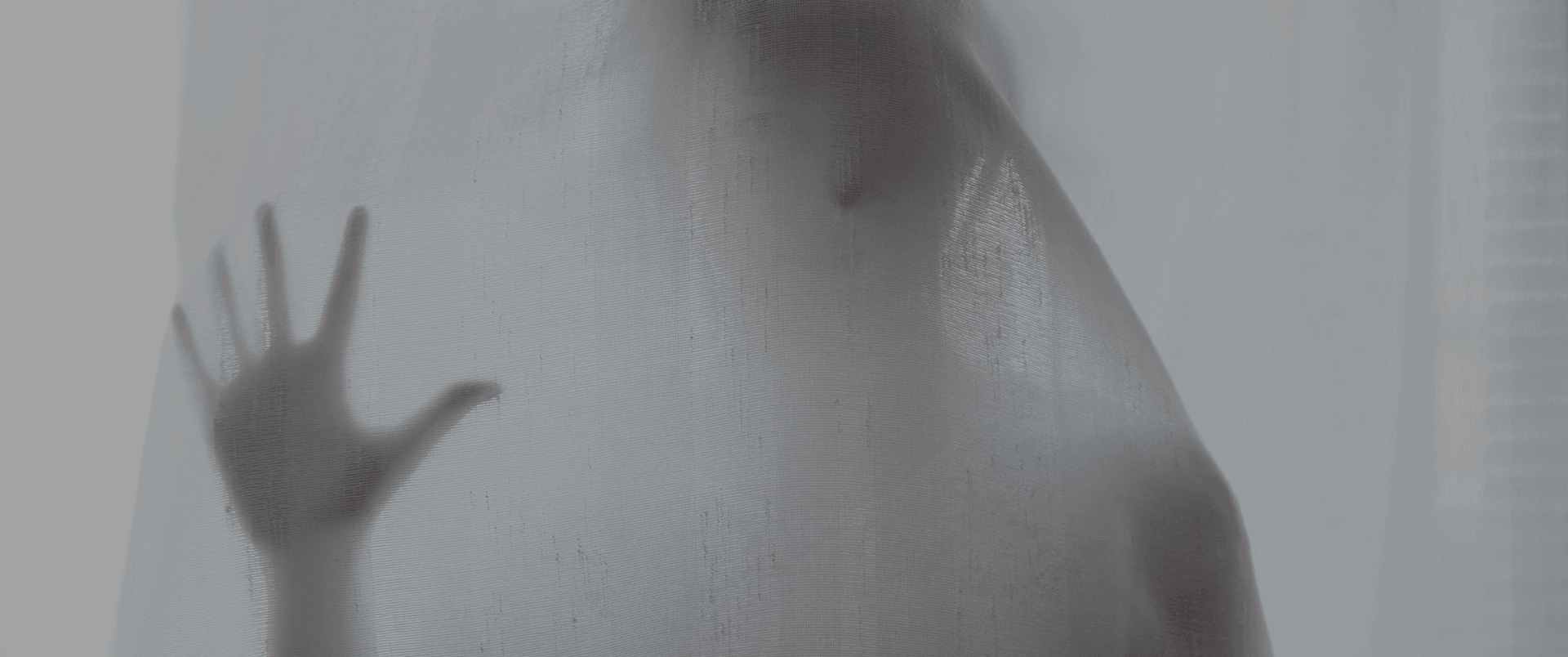What’s Bob Holness got to do with the Wikipedia blackout tomorrow? Directly, not much, I assure you. But recent days’ events have made me cast my mind back to a moment in time when I didn’t practise what I preach about fact checking and content creation.
First, some background. With Bob Holness’ recent passing I was sad, like lots of other people of a certain age in the UK who remember fondly his time hosting quiz show Blockbusters in the late 1980s. (This wasn’t only because of a particular day with friends auditioning for the show, back when we were about 17 – a story for other times – but just because it was a great show, defining a certain part of my day.)
When I read and heard some obituaries – I think the one that stands out was on the radio – one old chestnut was mentioned. I say “chestnut” rather than fact with good reason. An urban myth grew up in the 1980s that Holness had played the famous sax solo in 1978 song Baker Street, by Gerry Rafferty.
I link to the Wikipedia version of this story on this occasion because the debunking it does is probably all you need. (And you can still get access to it at the moment.)
Hearing about Holness and the Baker Street yarn made me cast my mind back six or seven years. I was editor of tech publication silicon.com at the time and we were putting together biographies for the 50 individuals making up that year’s Agenda Setters, a list of the most powerful people in technology. I had agreed to do a short write up of IBM boss Sam Palmisano.
Now my confession relates again to saxophone playing and again to Wikipedia. Much as I always rant against using Wikipedia as a definitive source – use it for inspiration, to cross check, for all kinds of other great reasons but please, not without back up – on this one occasion I lifted a fact from the Wikipedia entry on Palmisano. I know, terrible. But hopefully more misdemeanour than crime. And genuinely a one-off.
Look now (under ‘Education and personal life’). Amid all the usual CEO-, big company-style info there is still a line in there that stands out: “He was also a union musician, and once played backup saxophone for The Temptations.[citation needed]“
I love the idea that he once played sax in a backing group, love even more it was for The Temptations (big fan!). But I’m also conscious it might not be, you know, true. And I’m more than a little worried about regurgitating stuff that isn’t true.
I would like to think there wasn’t a “citation needed” appendage to that line back way back then. Surely I would have stood down. Even the lure of a tech CEO, a sax and one of the great Motown groups wouldn’t have been enough to sway me.
One of the most talented writers I’ve managed has several tactics for coming up with great content, one of which is NEVER use Wikipedia for research. I’m not sure going that far is necessary but it makes you think.
Elsewhere, a major news organisation has a reference to something like “online user-generated sources of content” in its guidelines for journalists. It might not name Wikipedia but everyone knows what the higher-ups are referring to.
A few hours before writing this post I noted a tweet by the BBC’s Rory Cellan-Jones, about the Wikipedia blackout tomorrow: “’@jimmy_wales: Student warning! Do your homework early. Wikipedia protesting bad law on Wednesday!’ No Wikipedia = no homework?!”
If you’re a lazy journalist or other type of content creator, might the warning be interchangeable?








